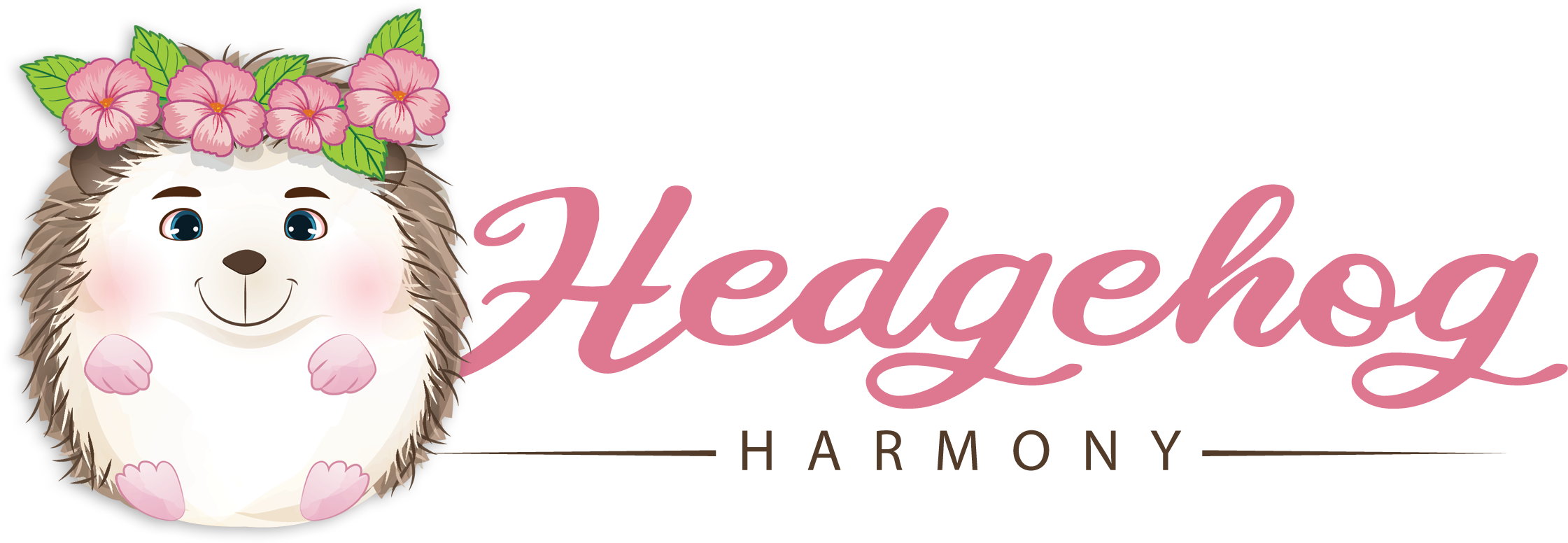Hedgehogs are quite unique in their appearance, and they are quite different from other pets. Having one means you have a potential ally in the garden since they’re true nocturnal hunters that will go after smaller animals while you sleep.
On the other hand, they do love some tasty treats from time to time, just like we do, which is why today we’ll talk more about certain fruits they can safely eat and fruits you should avoid giving them.
Also, we’ll cover the important question – can hedgehogs eat oranges?
So, Can Hedgehogs Eat Oranges?
Hedgehogs should not be fed oranges due to the high acidic content. While oranges are not toxic to them, the acidity can cause digestive issues, mouth sores, and may lead to discomfort or pain.
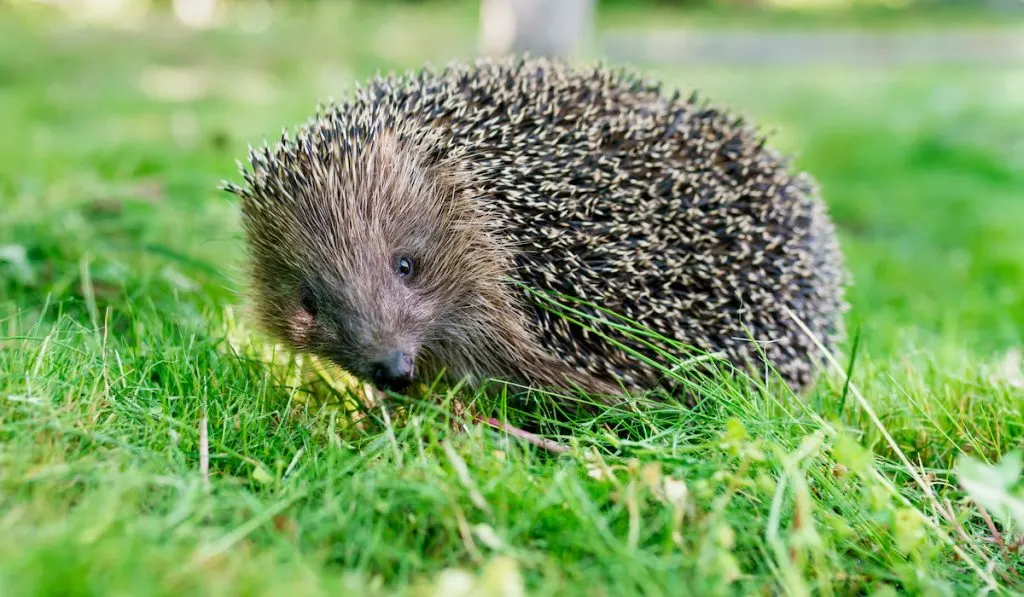
Oranges are healthy fruits rich in valuable components like vitamins A and C, potassium, fiber, and calcium. They protect our body cells from damage, improve the immune system, lower blood pressure, and bring plenty of other benefits.
Still, that’s something that works for humans, not hedgehogs.
In fact, it’s really not recommended to feed these animals oranges nor any other citrus fruit, such as limes or lemons.
These are not toxic for your hedgie like, for example, grapes – but can be very acidic. That can cause issues in its digestive tract, mouth, or gums, as well as lead to discomfort and pain.
Considering the risks of feeding your hedgehog an orange, it’s definitely better to avoid it and, instead, go with some of the fruits from the list above.
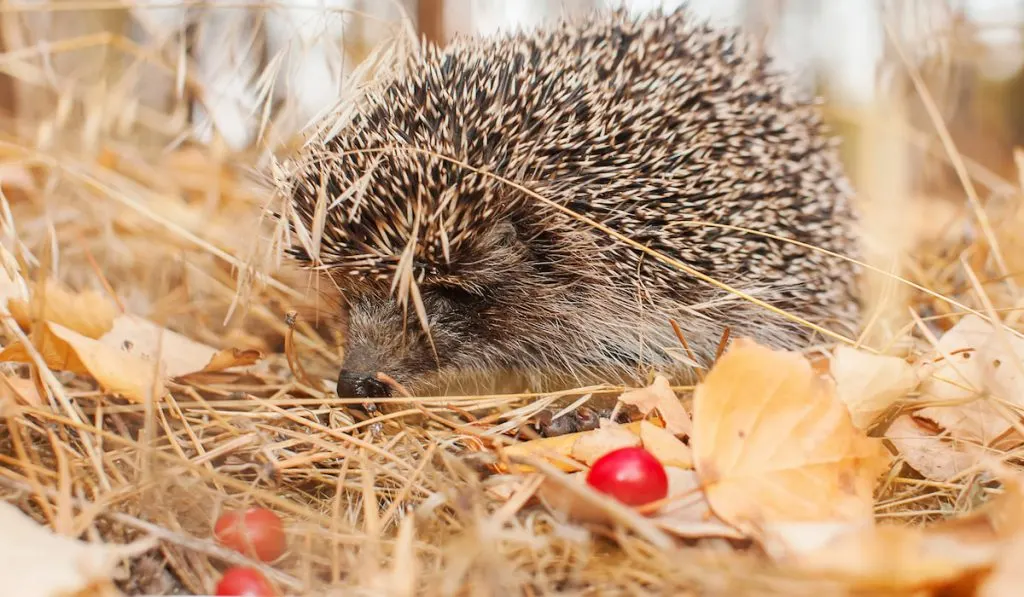
What Does a Hedgehog Usually Eat?
Hedgehogs are natural hunters that are most active during the night.
While going after smaller animals, they rely on their excellent sense of smell and hearing, considering their vision is rather poor, especially if you compare it with that of a human.
These adorable animals are rather opportunistic eaters. In other words, they’ll eat plenty of different things they find along the way.
However, they’ll mostly go after smaller invertebrates such as beetles, earthworms, slugs, earwigs, caterpillars, or millipedes. They won’t say ‘no’ to eggs of certain ground-nesting birds either.
Therefore, insects and invertebrates are the primary natural food source for hedgehogs.
So, when you want to replicate their natural diet, you can, for example, provide a mixture of meat-based food that’s specifically intended for dogs and cats.
Some other things, like fruits, are just a supplement that cannot replace their main menu.
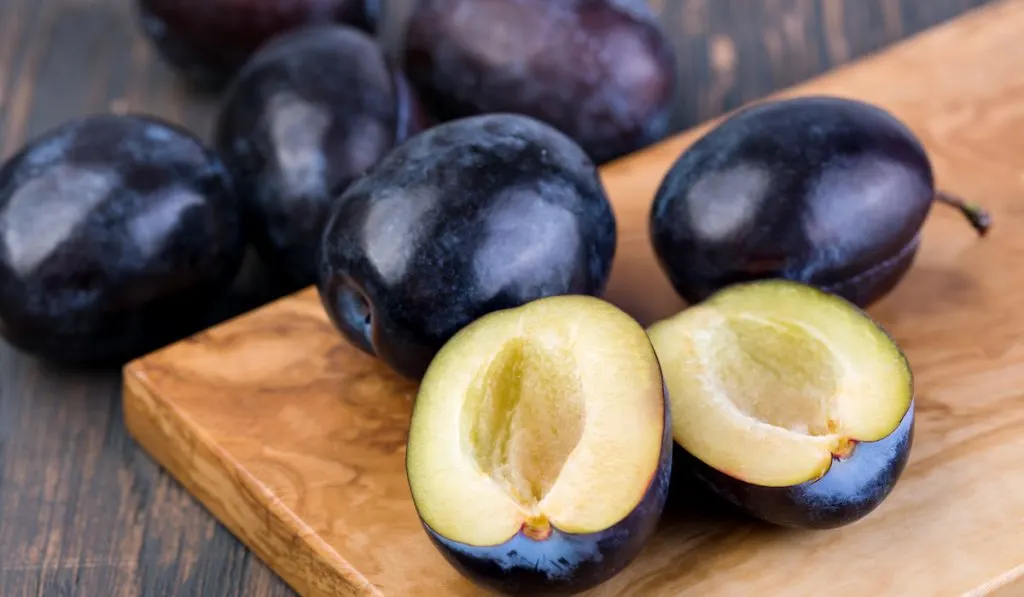
What Fruits Are Good For Your Hedgehog?
First of all, it’s important to understand not every hedgehog will have the same preferences when it comes to food.
The easiest way to test this is by giving your hedgie a small piece of a certain fruit. That way, you’ll be able to track if there are some differences in the animal’s behavior or changes in its digestion and poop.
However, there are neutral and safe options you can perhaps try with, such as apples, bananas, pears, strawberries, blueberries, and watermelon.
Try using organic fruit and don’t forget to peel the skin before giving it to your pet. The skin may turn into a real choking hazard, so it’s better to be safe than sorry.
Also, wash the fruits before serving and cut them into small pieces.
Plums, mangos, papaya, and peaches are also fruits your hedgie can eat—but in moderate amounts. Limit the amounts of those fruits that are quite sweet (such as mango), because hedgehogs are not supposed to consume too much natural or artificial sugar.
Also, when in the wild, they eat fallen fruits, so avoid giving your hedgehog unripe ones.

What Are Some Other Things Not Recommended to Feed Your Hedgehog?
Aside from grapes and citrus fruits, there are more things your pet shouldn’t consume.
For instance, avoid giving it avocados, chocolate, raw meat, egg yolks, or onions. They can’t eat raisins either, since these can lead to organ damage, including the liver and kidneys.
Raisins also can be a choking hazard, plus they come with preservatives that keep them edible for longer periods of time.
As a matter of fact, avoid giving any dried fruits to your hedgehog. Not only could the preservatives be toxic for them, but they are also sticky and harder to chew and swallow which can then cause choking.
Also, by drying fruit, the water is completely removed, which means a similar weight of dried fruit can have twice the amount of sugar compared to a regular fruit.
Pineapples are also on a list of non-preferred fruits for hedgehogs. Similar to citrus, pineapple is acidic which can result in digestive issues. Plus, they’re high in sugar which can cause diabetes and obesity.
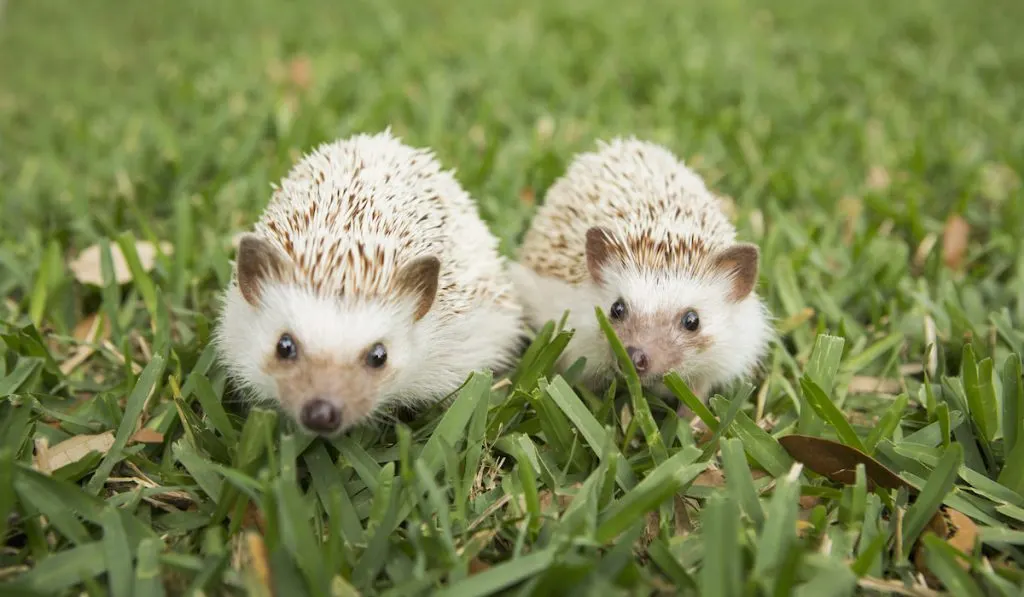
Some Final Words
One of the best things you can do to keep any pet healthy is to provide it with a proper diet.
Hedgehogs are natural hunters whose main diet mostly consists of insects and invertebrates. Fruits are just an additional supplement and a treat you can sometimes provide your pet with in moderate amounts.
The good and neutral ones your hedgie will certainly love are apples, bananas, pears, strawberries, blueberries, and watermelon. Plums, mangos, papaya, peaches are some you can also give from time to time, but not too often.
Whichever fruit you serve, make sure it’s properly washed and chopped into smaller pieces. Also, remove the skin to avoid potential problems with choking.
Even though oranges are generally quite beneficial fruits, hedgehogs shouldn’t eat them. All citrus fruits are acidic and can result in issues in the hedgehog’s digestive tract.
Avocados, chocolate, raw meat, egg yolks, onions, pineapples, raisins, or any dried fruits are also not a good solution for them.
Resources
- https://africanpygmyhedgehogs.com/2019/09/07/what-fruit-can-pygmy-hedgehogs-eat/
- https://www.hedgehogcentral.com/threads/can-hedgies-eat-oranges.13207/
- https://www.hedgehogstreet.org/about-hedgehogs/diet/
- https://www.exoticnutrition.com/feeding-hedgehogs.aspx#
- https://www.webmd.com/food-recipes/health-benefits-oranges
